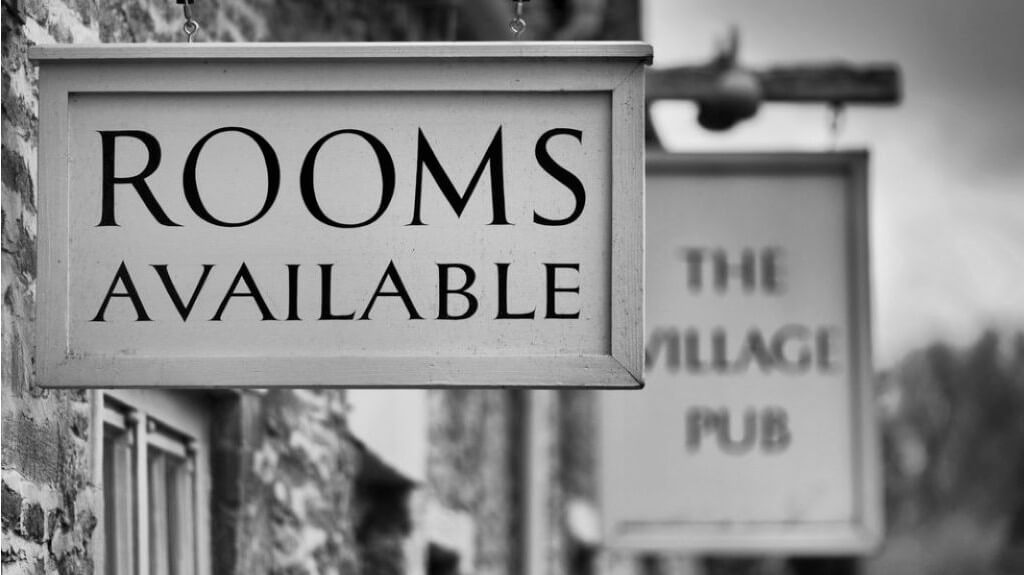
In the ever-evolving hospitality industry, effective inventory management is a critical aspect of running a successful hotel.
NB: This is an article from innQuest
Managing your hotel’s inventory efficiently can significantly impact your bottom line, guest satisfaction and overall operational effectiveness. In this concise guide, we’ll explore the fundamentals of hotel inventory management, providing you with valuable insights and strategies to optimize your hotel’s performance. Let’s get started!
Subscribe to our weekly newsletter and stay up to date
The Impact of Inventory Management on Hotel Operational Costs
Inventory management directly impacts a hotel’s operating costs in several ways. Efficient inventory management tools can lead to cost savings by preventing wastage of resources, reducing overstocking of perishable items and minimizing the need for last-minute purchasing at higher prices. Proper allocation of rooms and resources prevents underutilization and enhances operational efficiency. Additionally, accurate inventory data enables better forecasting, allowing hotels to plan purchases and staffing more effectively.
On the other hand, poor inventory management can result in higher operational costs due to overbooking-related compensation, inefficient use of resources and lost revenue opportunities. Overall, effective inventory management plays a critical role in optimizing costs, improving resource allocation and contributing to a hotel’s financial health.
Best Practices for Hotel Inventory Management
Hotel inventory management is a multifaceted process that requires a strategic approach, technology integration and a commitment to meeting guest expectations. Listed below are some best practices to help hotels excel in managing their inventory effectively:
- Implement a Robust Property Management System (PMS): A reliable PMS is the cornerstone of efficient inventory management. It should provide real-time updates on room availability, reservations, and guest information. Ensure your PMS is user-friendly and integrates seamlessly with other systems like the channel manager and revenue management system (RMS).
- Use a Channel Manager: A channel manager ensures that your room availability and rates are consistent across various online booking channels, including your website, OTAs (Online Travel Agencies), and GDS (Global Distribution Systems). This prevents overbooking and rate disparities, enhancing the guest experience.
- Invest in a Revenue Management System (RMS): RMS software uses data analysis and algorithms to optimize room pricing based on demand, occupancy, market conditions, and competitor rates. Implementing an RMS helps maximize revenue by adjusting rates dynamically.
- Dynamic Pricing Strategies: Implement dynamic pricing to adapt room rates to real-time demand fluctuations. Factors like time of booking, length of stay, and room type can influence pricing. This strategy maximizes revenue during high-demand periods and attracts price-sensitive guests during low-demand periods.






